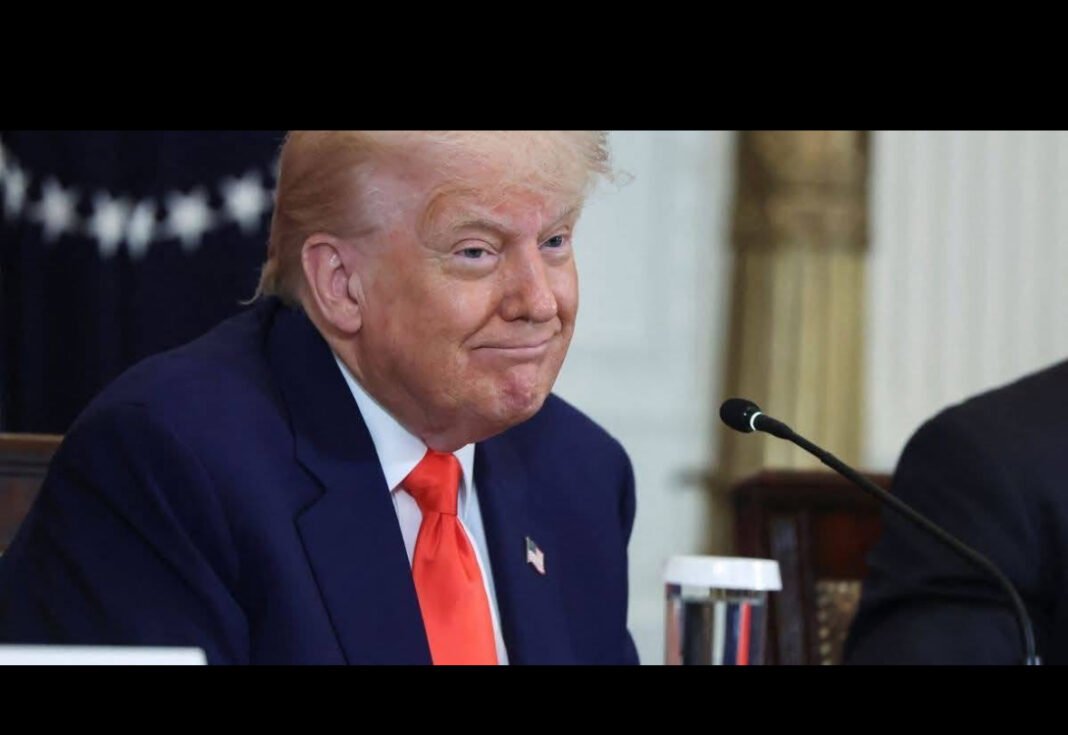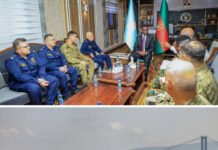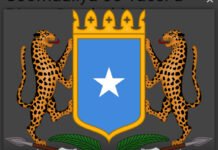By HAN News Desk
WASHINGTON — The United States’ call for a humanitarian truce in Sudan is being viewed as a diplomatic appeal rather than a legally binding directive, according to analysts and diplomats.
Washington’s proposal comes amid intensifying international concern over Sudan’s humanitarian crisis, as fighting between the Sudanese Armed Forces (SAF) and the Rapid Support Forces (RSF) continues to displace millions and devastate essential services.
U.S. officials have presented the truce as part of wider diplomatic efforts to end the violence, protect civilians, and enable humanitarian aid to reach those trapped by the conflict. However, observers say the proposal carries no legal force since the U.S. is not a party to the war and cannot impose binding terms on either faction.
Instead, the move is seen as a form of political pressure, relying on diplomatic channels, public statements, and the potential for targeted sanctions. Washington may also seek to rally regional and international partners, including the African Union, Arab League, and European Union, to strengthen the initiative.
Analysts note that both the SAF and RSF retain full sovereignty to accept or reject any ceasefire terms. Previous truces—brokered by outside mediators—have repeatedly collapsed within hours or days, fueling doubts about the durability of externally driven peace efforts.
Experts say the dynamic could shift if the U.S. proposal gains formal support from the United Nations Security Council or a coalition of international powers. Such backing could transform the appeal into an indirectly binding measure, particularly if coupled with sanctions or travel bans.
“The United States cannot order either side to stop fighting,” said a Horn of Africa analyst in Nairobi. “But if the U.N. or regional blocs endorse the truce and attach consequences for noncompliance, that pressure can feel like an order.”
The conflict, which began in April 2023, has forced millions from their homes, triggered widespread hunger, and led to reports of mass killings and the collapse of health services. International agencies continue to urge an unconditional ceasefire to allow aid convoys and medical workers to access hard-hit areas such as Darfur, Kordofan, and Khartoum.
For now, Washington’s truce proposal remains a diplomatic appeal—without legal force—but one that carries significant political and moral weight for Sudan’s warring sides.





